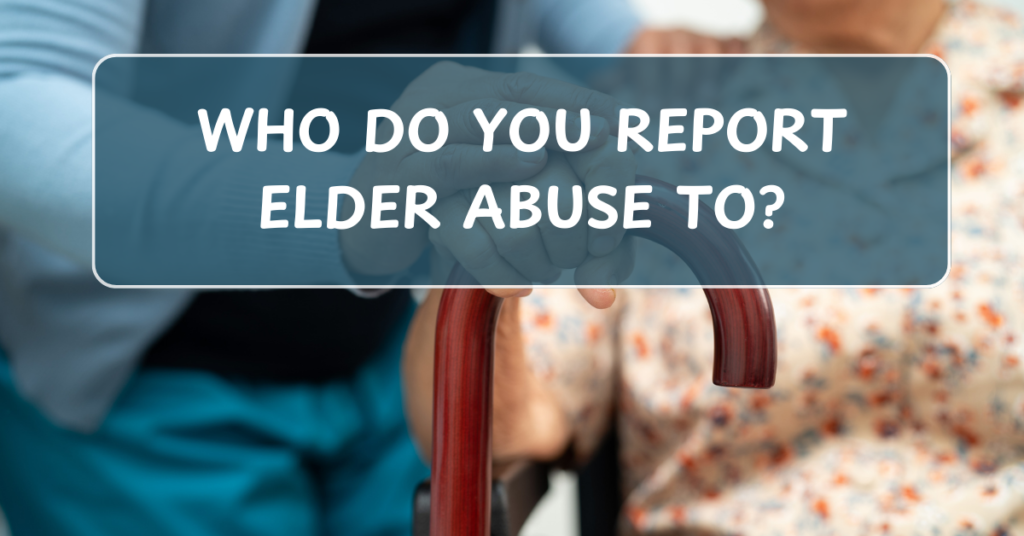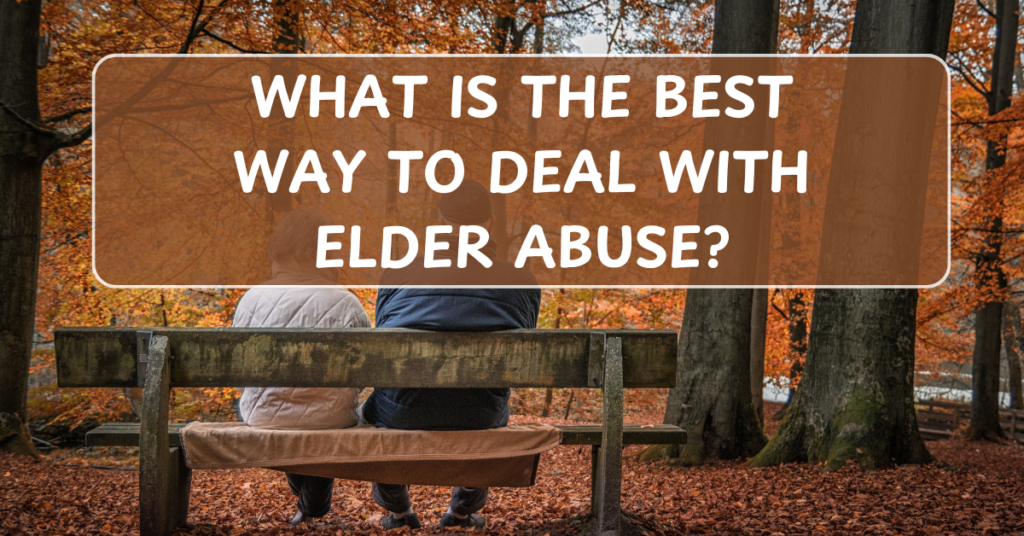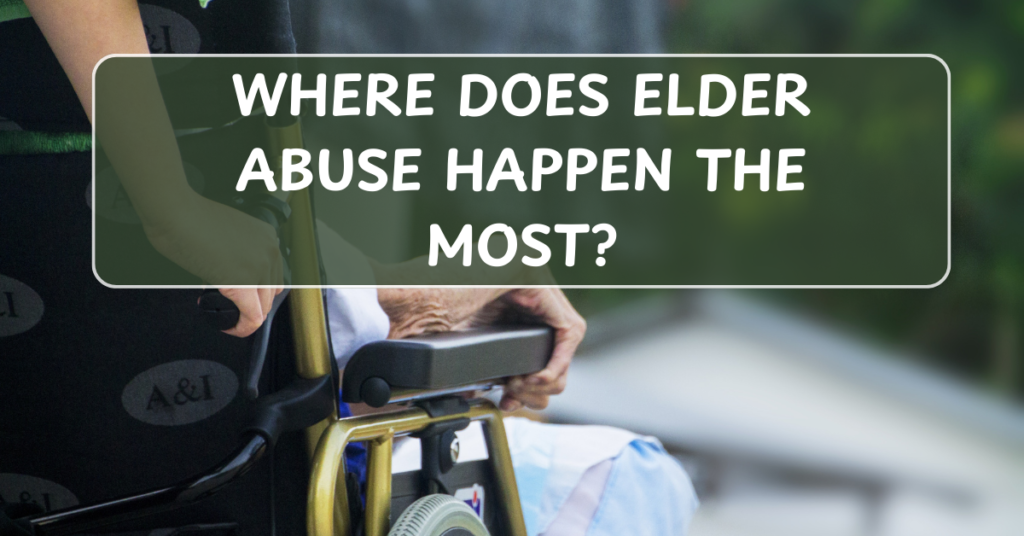
If you suspect elder abuse, it’s essential to report it to the right authorities to ensure that the elder receives the protection and care they need. Depending on the nature of the abuse and the circumstances, there are various organizations and agencies to contact. Here’s a breakdown of who to report elder abuse to:
1. Adult Protective Services (APS)
Adult Protective Services (APS) is often the first point of contact for reporting elder abuse. APS is a government agency dedicated to protecting vulnerable adults, including seniors who are being abused, neglected, or exploited.
How to Report:
- Phone: Call your local APS office or hotline. Most states have a toll-free number for reporting elder abuse.
- Online: Some states offer online reporting systems where you can file a complaint.
- In Person: You can visit an APS office to make a report, though calling first may be more efficient.
What APS Does:
APS investigates reports of abuse, neglect, and exploitation. If necessary, they will arrange for emergency protection and support services, and they may involve law enforcement if criminal activity is suspected.
2. Law Enforcement
If you believe the elder is in immediate danger or if a crime is occurring (e.g., physical abuse, theft, or financial exploitation), you should contact local law enforcement.
How to Report:
- Emergency: Call 911 if the elder is in immediate danger.
- Non-Emergency: If the abuse is not an emergency, you can contact your local police department through their non-emergency number.
- Anonymous Tip Lines: Some police departments offer anonymous reporting lines for abuse cases.
What Law Enforcement Does:
Law enforcement can investigate criminal behavior, make arrests, and help protect the elder from further harm.
3. Long-Term Care Ombudsman Programs
If the elder is living in a nursing home, assisted living facility, or other long-term care setting, you can report abuse to the state or local long-term care ombudsman.
How to Report:
- Ombudsman Hotlines: Most states have an ombudsman program with a dedicated hotline for reporting abuse in long-term care facilities.
- Online Reporting: Some ombudsman programs also allow you to file complaints online.
What the Ombudsman Does:
Ombudsmen advocate for residents of nursing homes and long-term care facilities. They investigate complaints, mediate between residents and facility staff, and ensure that facilities meet quality care standards.
4. Adult Protective Services (APS) for Financial Exploitation
If the elder is being financially exploited, APS can also help investigate this form of abuse. This may include cases of fraud, theft, or undue influence over the elder’s finances.
How to Report:
- APS Hotline: Call the APS hotline to report financial abuse or exploitation.
- Local Agencies: In some areas, there may be specific agencies dedicated to investigating financial abuse in the elderly.
What APS Does:
APS will investigate the exploitation, assist the elder in recovering stolen funds if possible, and connect them with financial support services.
5. Local or State Department of Health Services
In some cases, particularly in institutional settings, abuse may be reported to the state’s Department of Health or a similar agency that oversees health and safety regulations.
How to Report:
- Department of Health Hotline: Call the department to report abuse in care facilities or by healthcare professionals.
- Online: Some departments have online forms to file complaints against healthcare providers or long-term care facilities.
What the Department of Health Does:
The Department of Health may conduct investigations, enforce regulations, and ensure that health and safety standards are maintained in care facilities.
6. Nonprofit Organizations and Elder Abuse Helplines
There are various organizations that work to prevent elder abuse and offer help to victims. Many of these organizations operate 24/7 helplines and provide resources for both victims and reporters of elder abuse.
How to Report:
- National Elder Abuse Hotline: The National Center on Elder Abuse (NCEA) provides information and resources for reporting elder abuse. They can direct you to the appropriate local authorities.
- Local Helplines: Many nonprofit organizations, such as the Elder Justice Coalition or the AARP, have hotlines or online reporting tools.
What Nonprofits Do:
These organizations may assist in providing resources, connecting victims to services, or advocating for changes in elder abuse laws and policies.
7. Lawyers and Legal Assistance
If the elder is being abused, particularly in a way that involves financial exploitation, it may be appropriate to consult with an attorney. A lawyer can help protect the elder’s legal rights and guide you through the process of taking legal action.
How to Report:
- Legal Aid Services: Some organizations offer free or low-cost legal assistance to elders who have been abused or exploited.
What Lawyers Do:
Lawyers can provide advice on how to protect the elder, pursue financial restitution, or take legal action against the abuser.
Conclusion
If you suspect elder abuse, it’s crucial to report it to the appropriate authorities to prevent further harm. The key organizations to contact include Adult Protective Services (APS), local law enforcement, long-term care ombudsman programs, and legal professionals. Reporting elder abuse is an important step in protecting vulnerable adults and ensuring they receive the care and respect they deserve.


